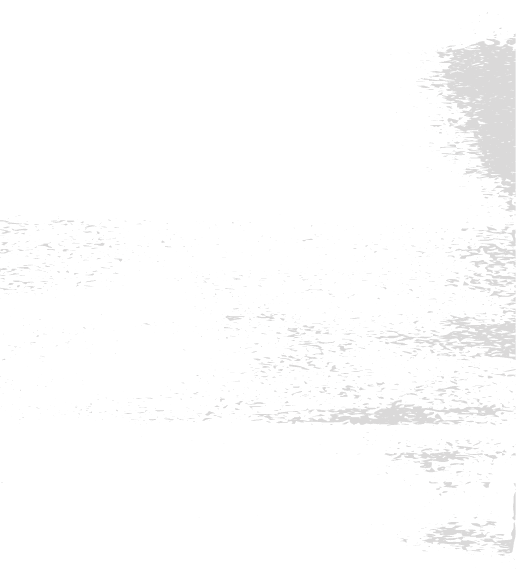Digital Media Arts
The Digital Media Arts program at Manchester University blends creative storytelling with hands-on training in video, photography, web development, and graphic design. This flexible degree in digital media equips you to build a standout portfolio and launch a career in visual communication, digital marketing, or multimedia production.
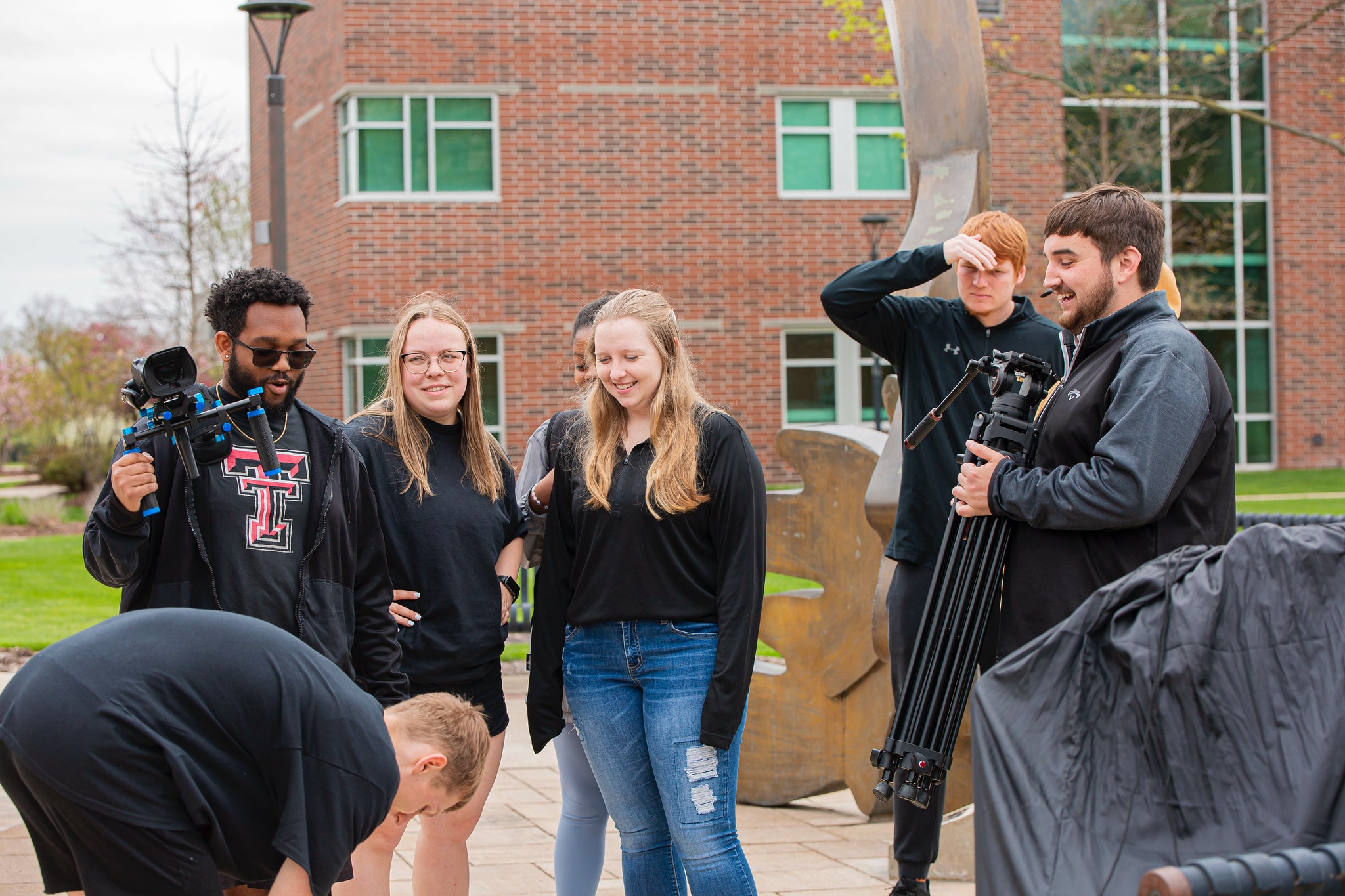
Pursue a Digital Media Arts Major or Minor at Manchester University
The Digital Media Arts program at Manchester University empowers you to tell compelling stories across modern platforms. Through a combination of visual design, digital storytelling, and multimedia production, students gain the skills to thrive in today’s fast-paced media landscape. Whether you’re interested in video editing, graphic design, or social media strategy, this interdisciplinary program gives you the hands-on tools and creative freedom to build a professional portfolio and pursue dynamic careers in the digital world.
Program Information:
Major | BA
- 36 Credit Hours
Minor
- 18 Credit Hours
Location
- North Manchester
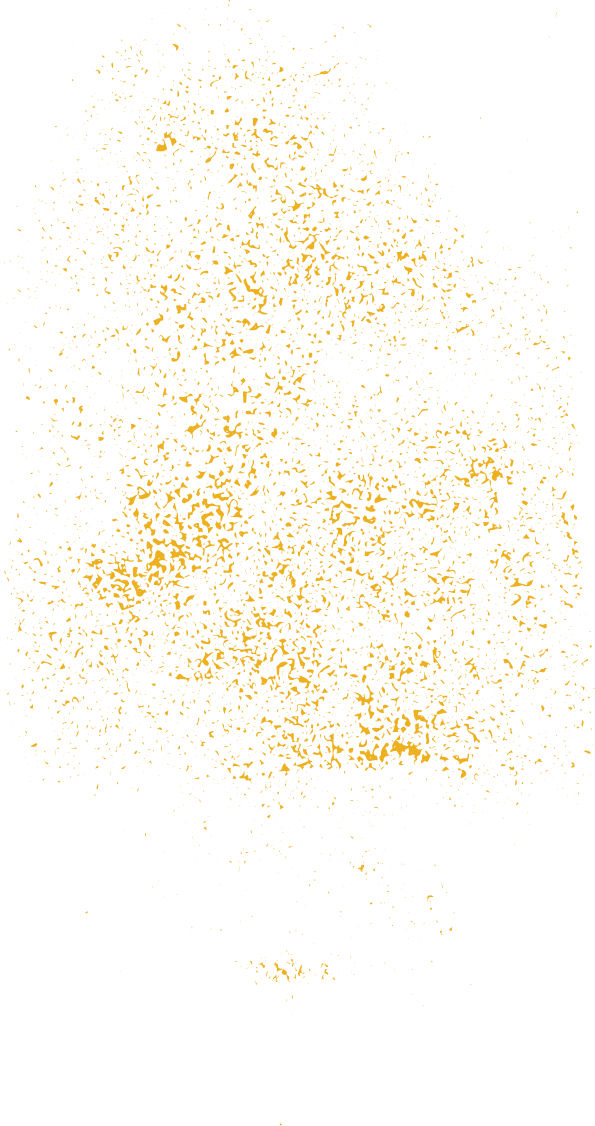
TJ Whitmer, Digital Media Arts Major, Class of 2022
Why Choose MU for a Degree in Digital Media Arts?
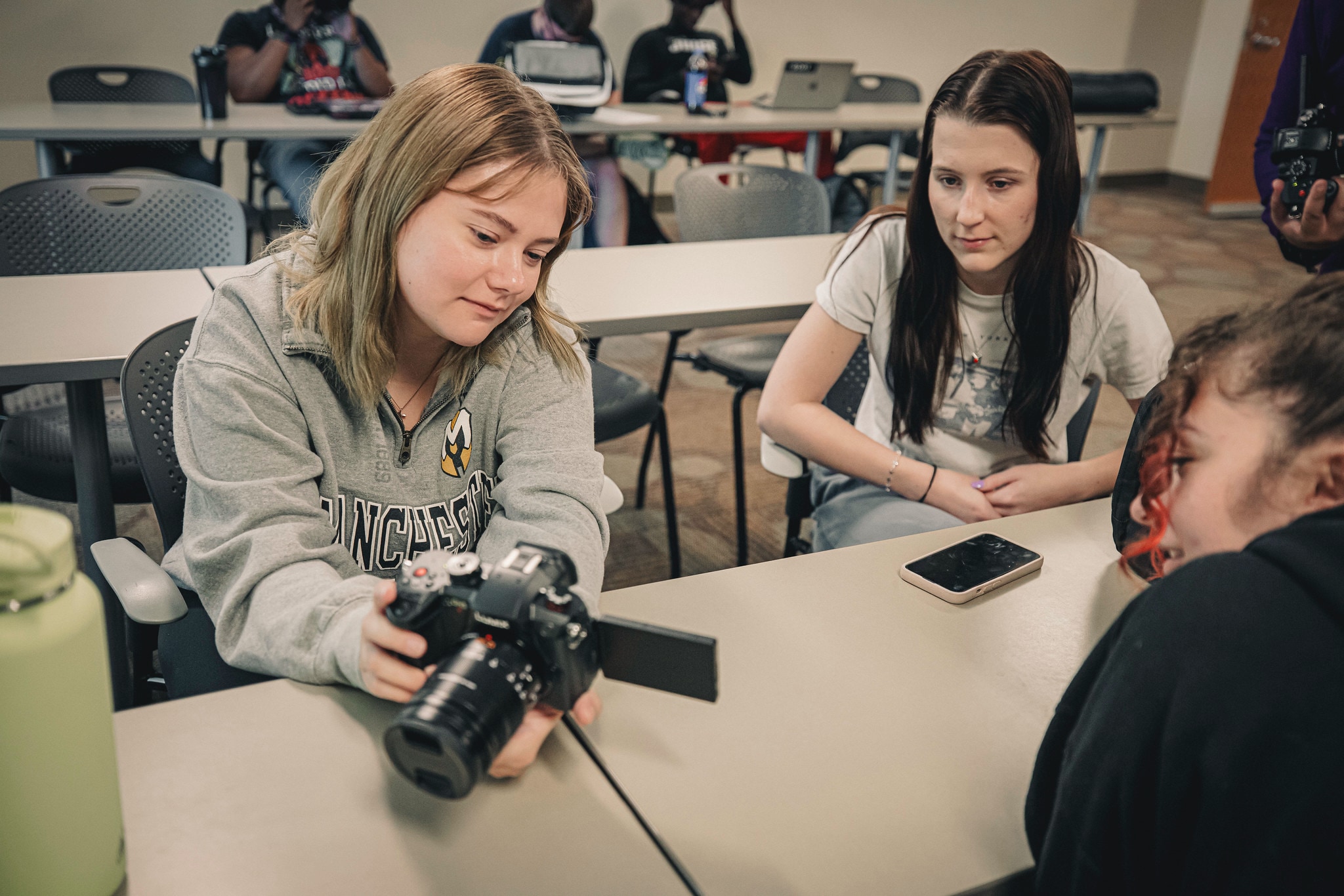
Hands-On Learning Environment
Creative Project Portfolio Development
Flexible, Interdisciplinary Approach
What You Can Do With Your Digital Media Arts Degree
Graphic Designer
Create compelling visual designs for digital, print, and marketing campaigns.
Digital Video Editor
Edit and produce video content for entertainment, marketing, or education.
Social Media Manager
Manage social platforms, engagement strategies, and digital content schedules.
Web Developer
Design and build functional, user-friendly websites and web applications.
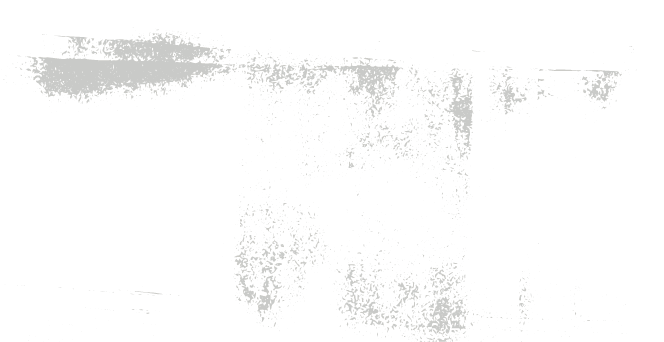
Average Starting Salary for Digital Media Arts Graduates
Graduates with a degree in digital media arts can expect starting salaries that vary based on role and location. Nationally, entry-level positions such as digital illustrators and web designers offer average annual salaries ranging from approximately $44,000 to $56,800. In Colorado, the average annual salary for digital media arts professionals is about $57,558. With experience and specialization, roles like digital media specialists and multimedia artists can see salaries exceeding $70,000 per year.
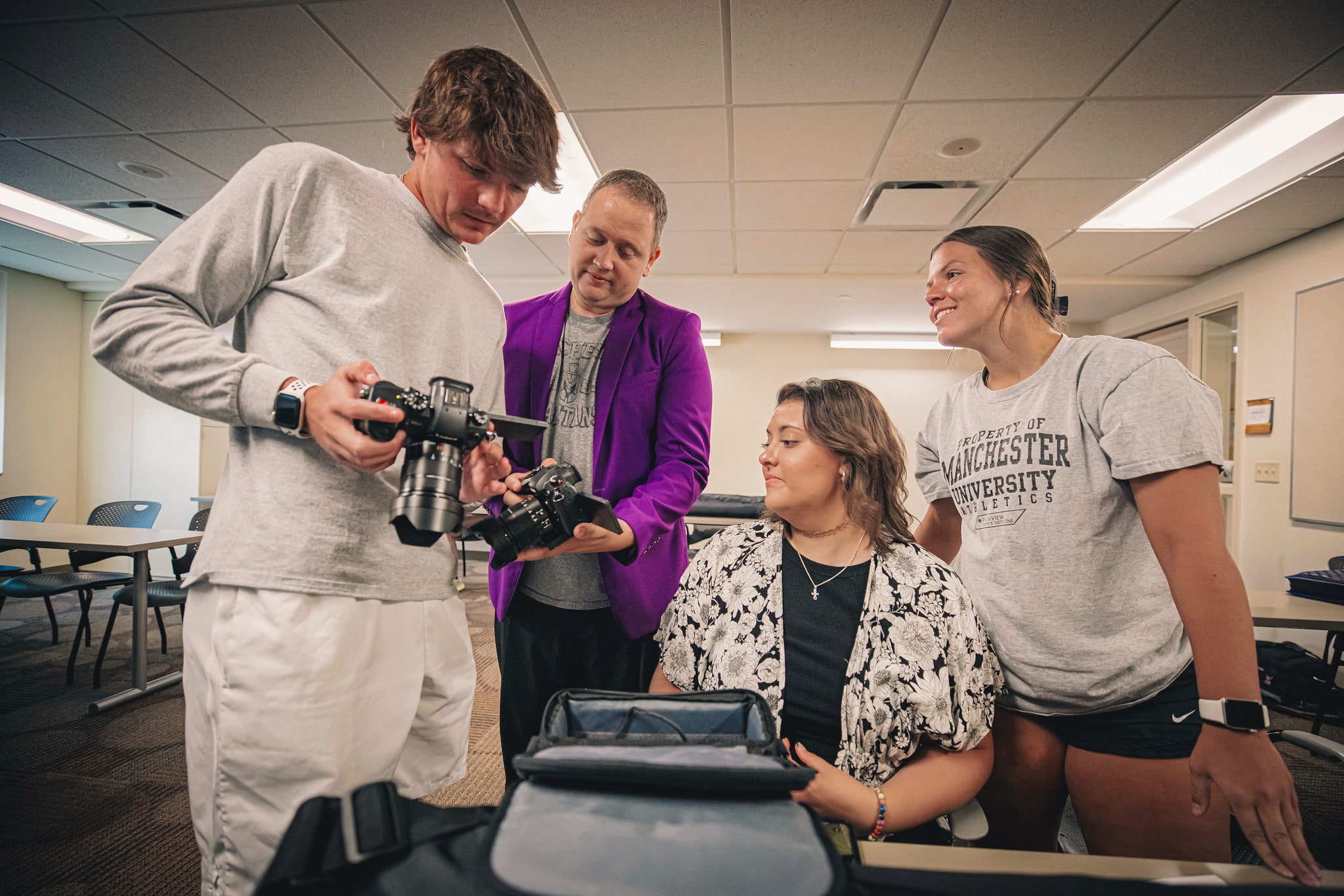
How the Digital Media Arts Program Supports Your Growth
Hands-On Learning Opportunities
State-of-the-Art Media Facilities
Faculty Mentorship & Communication Studies Integration
Student Groups & Experiential Learning
Meet the Faculty
Communication Studies Learning Outcomes
Program Learning Outcomes and Student Learning Outcomes
PLO1: Students will develop critical thinking skills, narrative storytelling principles, and the ability to judge and apply aesthetic quality using elements and principles of design.
- SLO1.1: Students will analyze media messaging to understand how media producers frame information and reflect on different perspectives, biases, and ethical concerns.
- SLO1.2: Students will analyze and apply narrative storytelling principles and theories to craft narratives.
- SLO1.3: Students will evaluate creative work to understand how elements and principles of design can be applied to improve aesthetic quality.
PLO2: Students will gain practical skills using digital media technology to showcase creative productions and communication projects.
- SLO2.1: Students will demonstrate an ability to use digital media equipment and editing software to craft digital media projects.
PLO3: Students reflect on the creative process through workshops, peer evaluations, and collaborative projects.
- SLO3.1: Students will reflect on the creative process highlighting how their work has evolved over the course of the semester and where class feedback has helped to shape their work.
- SLO3.2: Students will work collaboratively with their classmates or clients and take on clearly defined roles to help complete a comprehensive project.
Frequently Asked Questions About the Degree in Digital Media
What can I do with a degree in digital media?
A degree in digital media opens doors to a wide variety of careers that blend creativity, communication, and technology. Graduates often pursue roles in graphic design, digital media design, web development, interactive media, and motion graphics. Whether you’re interested in designing for digital platforms, managing content for media production studios, or engaging in digital illustration and branding for marketing agencies, the opportunities are broad and rewarding.
At Manchester University, students build a portfolio that reflects their skills across a range of media platforms, including video, photography, social media, and web design. This degree prepares you for real-world job roles such as graphic designer, digital video editor, social media strategist, web developer, and even special effects artist.
By combining artistic expression with digital technology, you’ll be well-equipped to communicate messages across diverse audiences and industries. You’ll also gain a solid foundation in content creation, from concept to execution. The successful completion of this program leads to a range of employment opportunities, especially for those who pair the major with a minor like Public Relations or Marketing. In an evolving digital world, this undergraduate degree is your passport to a rewarding career in multimedia and communication.
Does Manchester University offer hands-on experience for digital media students?
Yes, Manchester University emphasizes hands-on experience across every stage of the Digital Media Arts program. Students engage with digital media technologies from the beginning using industry-standard web development tools, editing software, and digital cameras in courses such as Digital Storytelling, Media Literacy, and App Development.
Through experiential learning, students explore interactive media projects like mobile apps, video blogs, digital photography exhibits, and website creation. Courses are held in fully equipped media production labs and a soundproofed studio. These environments mirror professional production spaces, giving students exposure to the tools used by graphic designers, media professionals, and web designers.
Students enrolled in the program also contribute to Spartan Stream, Manchester’s own podcasting and streaming service. This platform allows learners to produce, publish, and distribute their work on public-facing media platforms, offering valuable experience in real-world content creation and distribution.
This level of engagement helps students build strong portfolios and develop key skills in user experience design, branding, and digital communication, all while receiving mentorship from faculty. The hands-on, project-based structure ensures that every student leaves Manchester not just with knowledge but with demonstrable skills and a portfolio that reflects their creative and technical range.
Are internships part of the Digital Media Arts program?
Yes. Internships are an essential part of the Digital Media Arts experience at Manchester University. Students are encouraged to apply what they’ve learned in the classroom to real-world settings by pursuing internships with news stations, marketing firms, digital agencies, and multimedia production studios. These professional placements build on your coursework and expand your media production capabilities in meaningful ways.
Internships provide experience in roles like motion graphics designer, web developer, advertising assistant, or social media manager, where students can deepen their understanding of interactive design and visual communication. They also help you refine skills using tools relevant to digital media design, animation, and software development.
Many internship sites are local, allowing students to gain experience close to campus while networking with professionals in their chosen field. Others may involve remote work, especially in areas like digital illustration or content marketing, where projects can be managed virtually using collaboration software and web development tools.
Manchester’s career services and faculty advisors work closely with students to help secure these opportunities. Internships not only fulfill academic requirements, they are also stepping stones to full-time employment. They provide clarity on career direction and boost your confidence and qualifications for post-graduation success.
Is the Digital Media Arts major flexible enough to combine with other programs?
Absolutely. One of the most appealing aspects of Manchester’s Digital Media Arts major is its interdisciplinary flexibility. Students often combine it with complementary majors or minors such as Public Relations, Marketing, or Communication Studies. This pairing enhances your ability to engage with diverse audiences using a variety of media platforms and digital media technologies.
The structure of the program allows for elective courses in areas like creative writing, interactive media, and user experience design, which can align well with other academic programs. Students may also explore classes in business, fine arts, or even computer science, depending on career interests.
This flexibility means that students can craft a unique educational path suited to their goals – whether that means becoming a digital marketing coordinator, a graphic designer, or a web developer with a strong PR skillset. It also helps meet broader degree requirements for students interested in roles requiring branding, media production, and communication strategy across multiple industries.
By customizing your degree through smart combinations, you’ll stand out in the job market with both creative expertise and practical business acumen. Manchester’s advisors help ensure that your course sequence supports both successful completion and professional readiness.
What makes Manchester’s program unique?
Manchester’s Digital Media Arts program stands out because of its personalized instruction, small class sizes, and focus on project-based learning. From day one, students gain access to the university’s media production labs, studio, editing suites, and web development tools; resources typically reserved for upper-level students at larger institutions.
Faculty members with real-world experience in multimedia, digital media design, and communication serve as mentors, guiding students through everything from graphic design to interactive media projects. Students work on diverse content creation efforts, including digital illustration, social video, branding campaigns, and website design. These assignments aren’t hypothetical, they’re designed to be portfolio-ready and applicable to real-world job roles.
In addition to coursework, students participate in Spartan Stream, a university-run streaming platform. This gives students a chance to showcase their skills on public media platforms, an opportunity that reinforces learning while building visibility and confidence.
The degree programs also integrate liberal arts and fine arts perspectives, encouraging students to think critically and creatively while mastering digital media technologies. This combination of technical skill-building, faculty support, and hands-on experience results in a solid foundation that sets graduates up for a rewarding career in digital content and communication.
Non-Discrimination in the Admission Process
Manchester University is committed to non-discrimination in campus life. The University does not discriminate on the basis of national origin, ancestry, race, color, age, sex, gender identity or expression, sexual orientation, familial status, religion, disability or veteran status in admissions or any area of campus life, including its educational programs, scholarships and loan awards, residence life programs, athletic programs, extracurricular programs, promotion and tenure policies and practice, and alumni affairs.
Manchester University is committed to carry out the provisions of Section 504 of the Rehabilitation Act of 1973 and the Americans With Disabilities Act, which provide for accessibility of University programs to the physically disabled.










